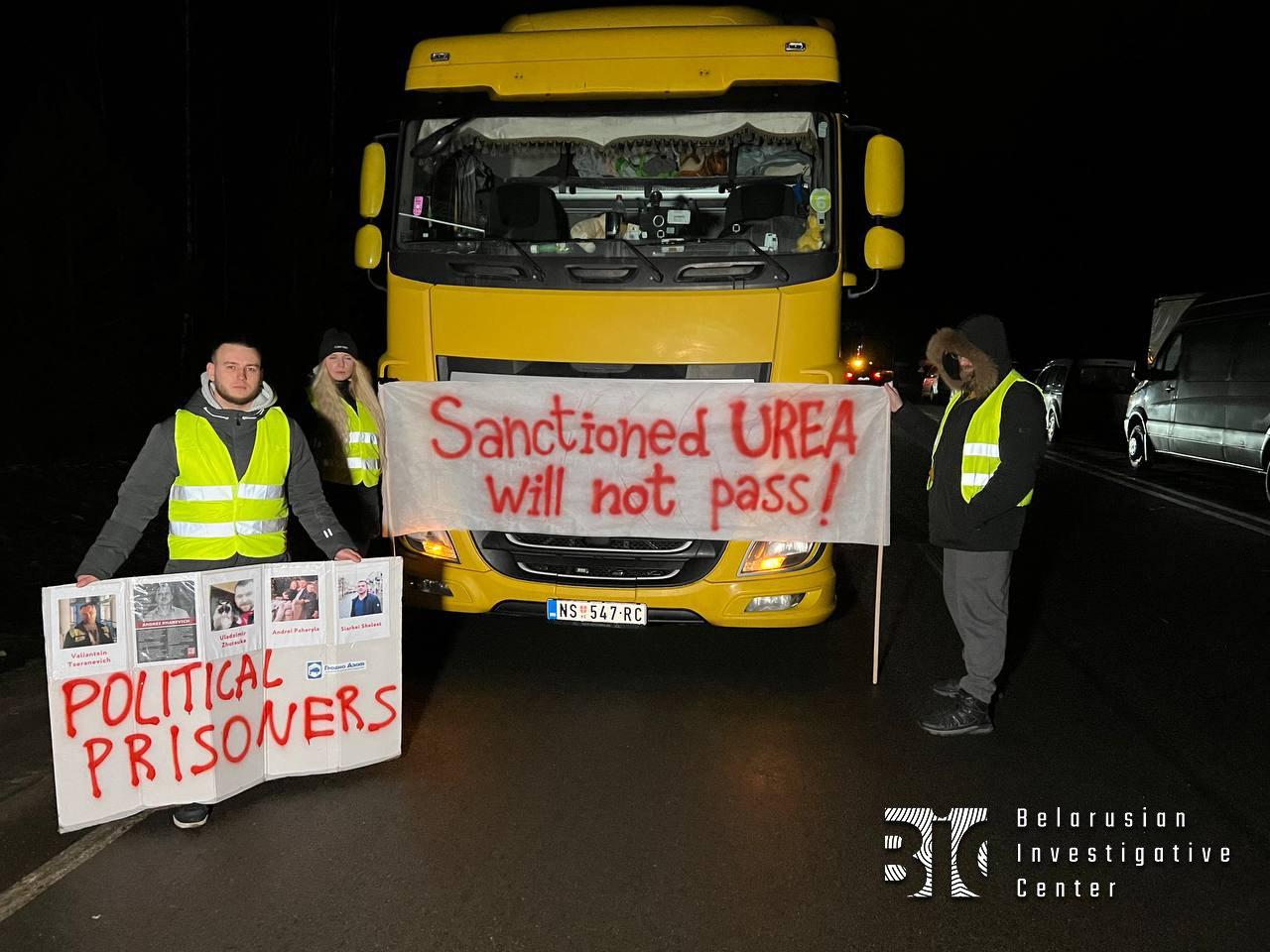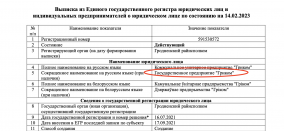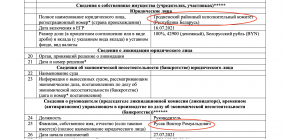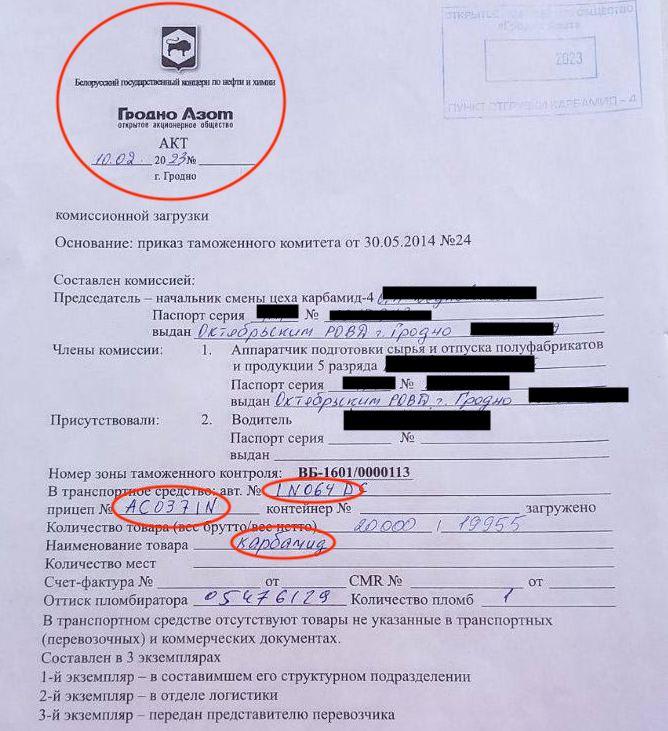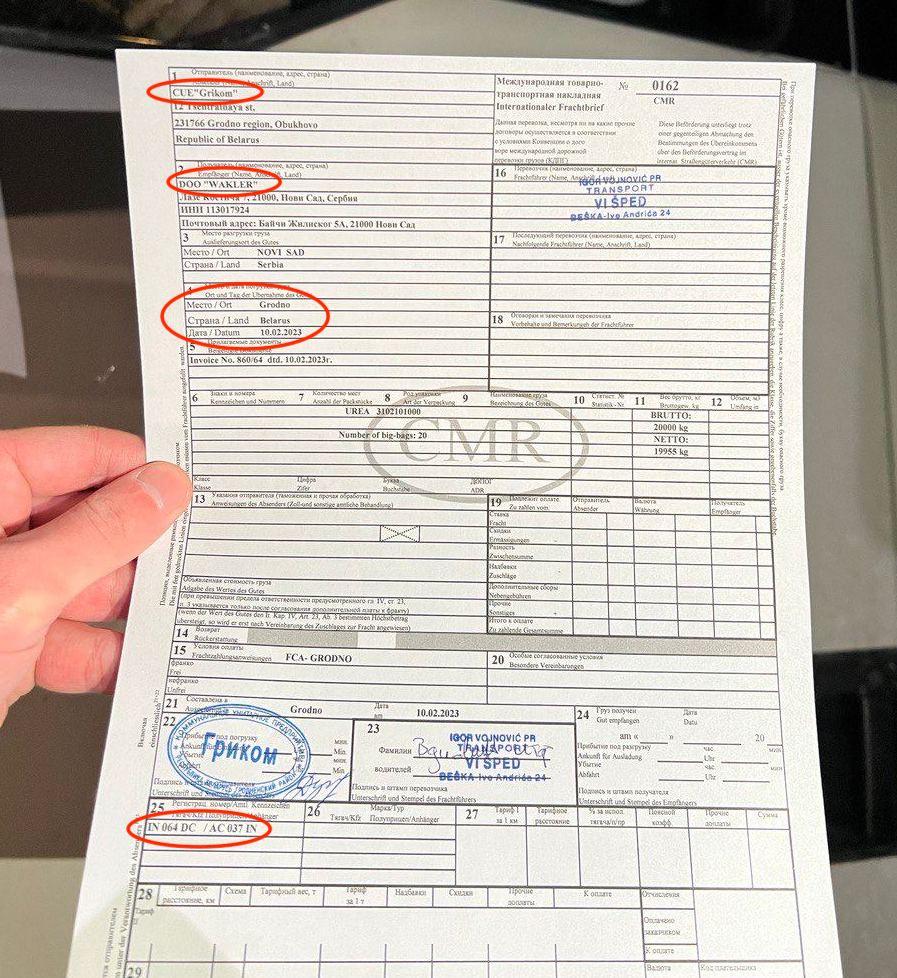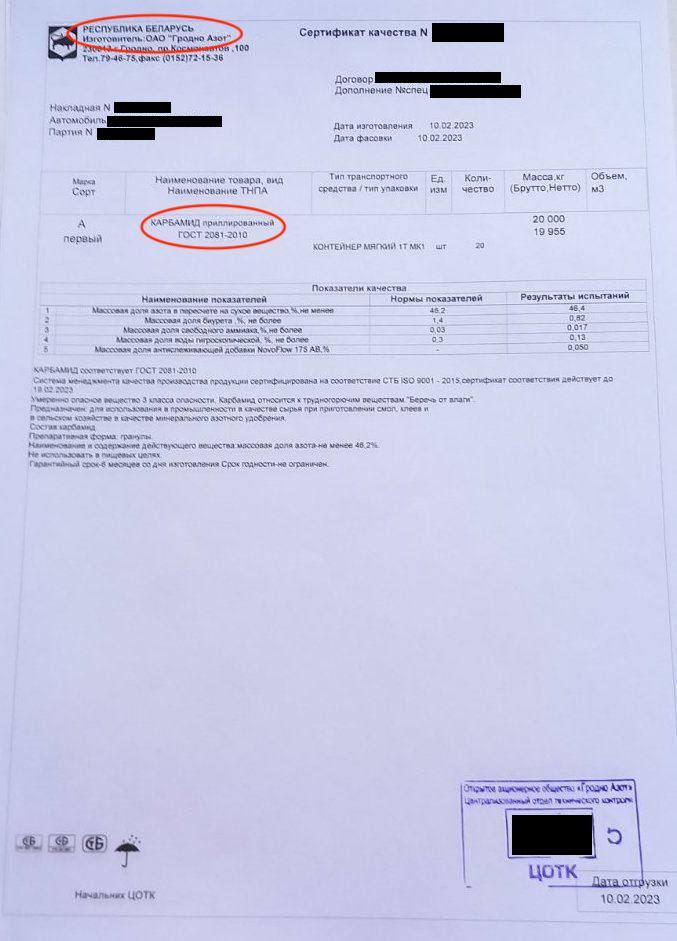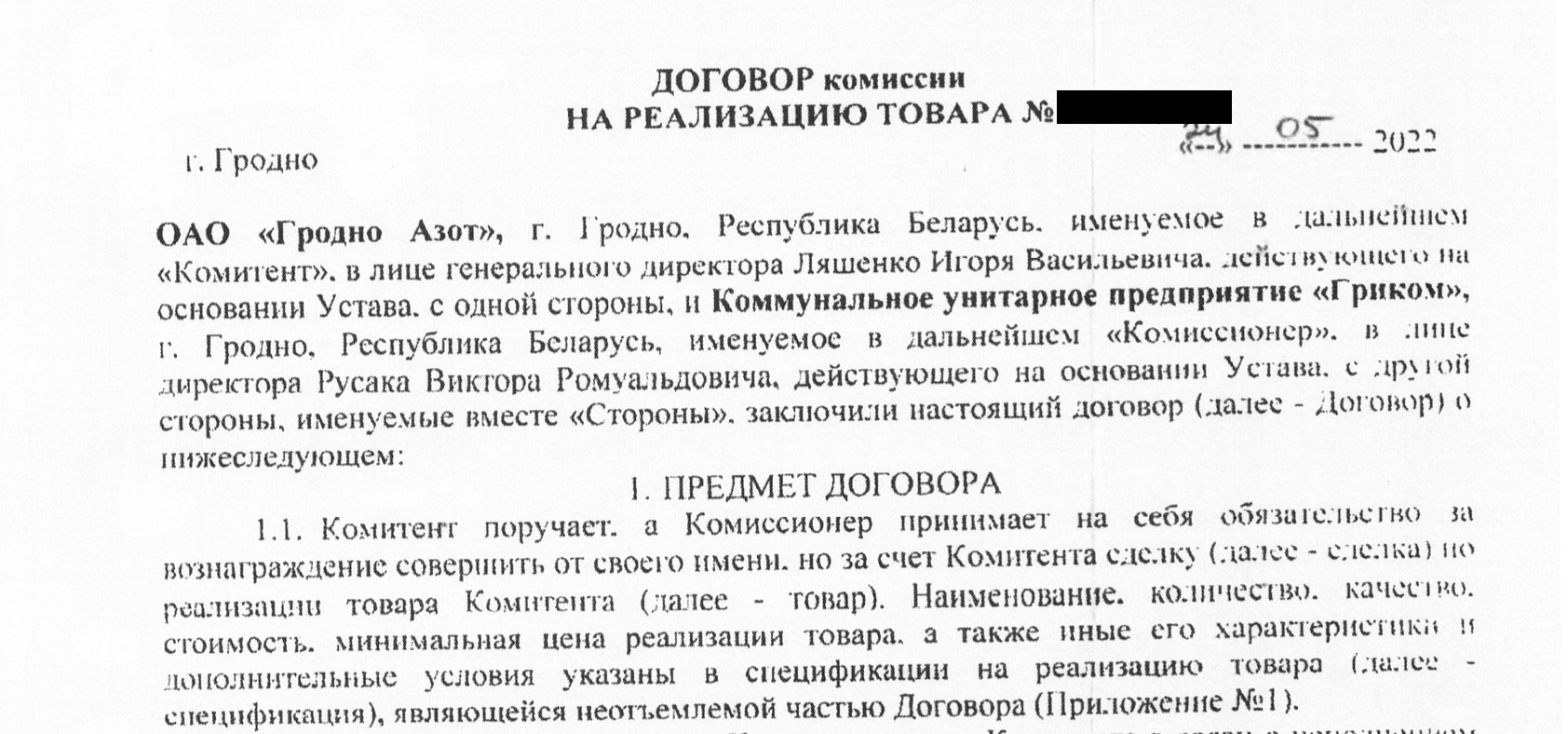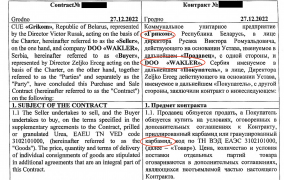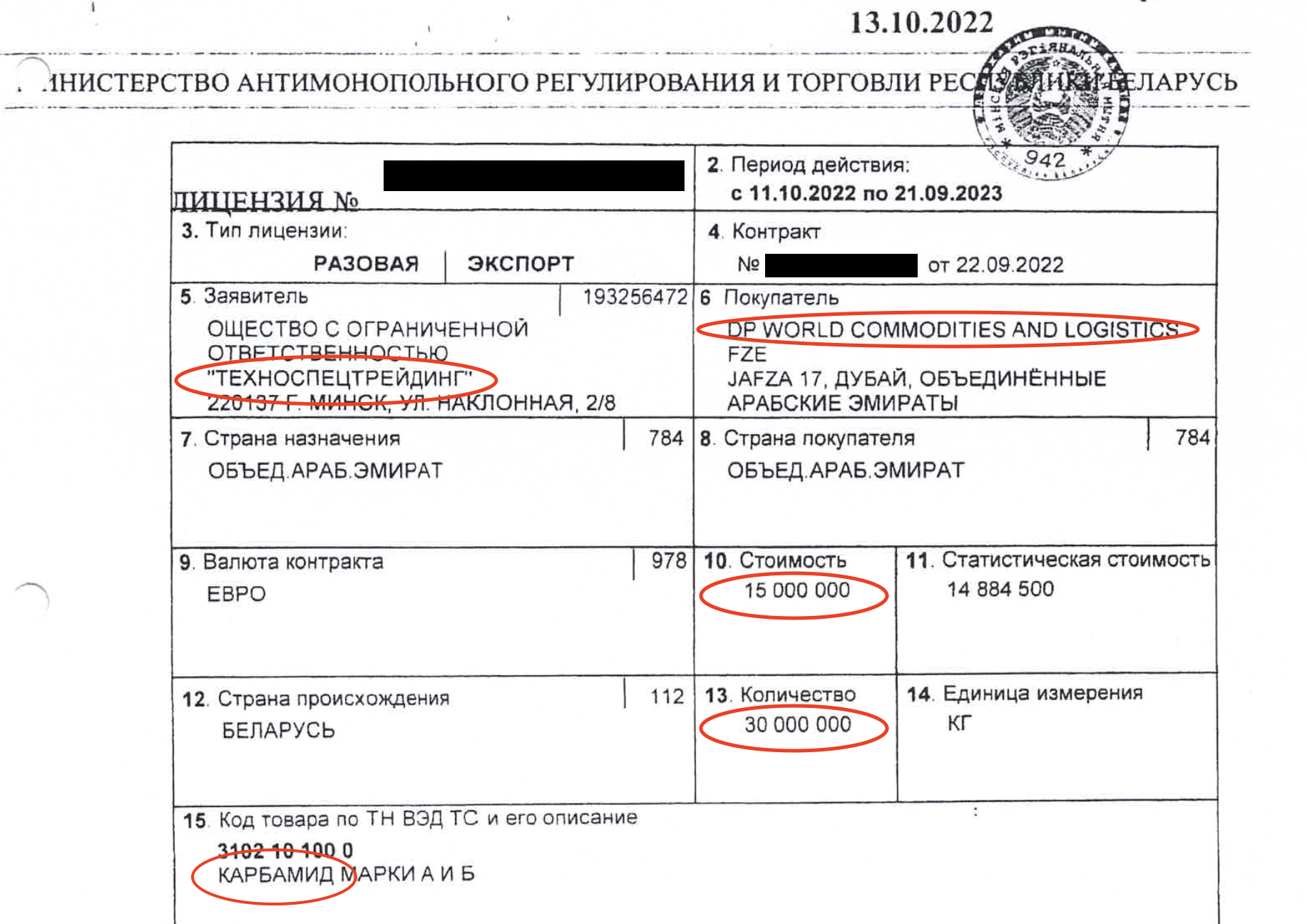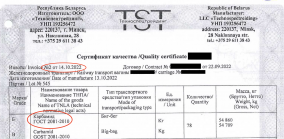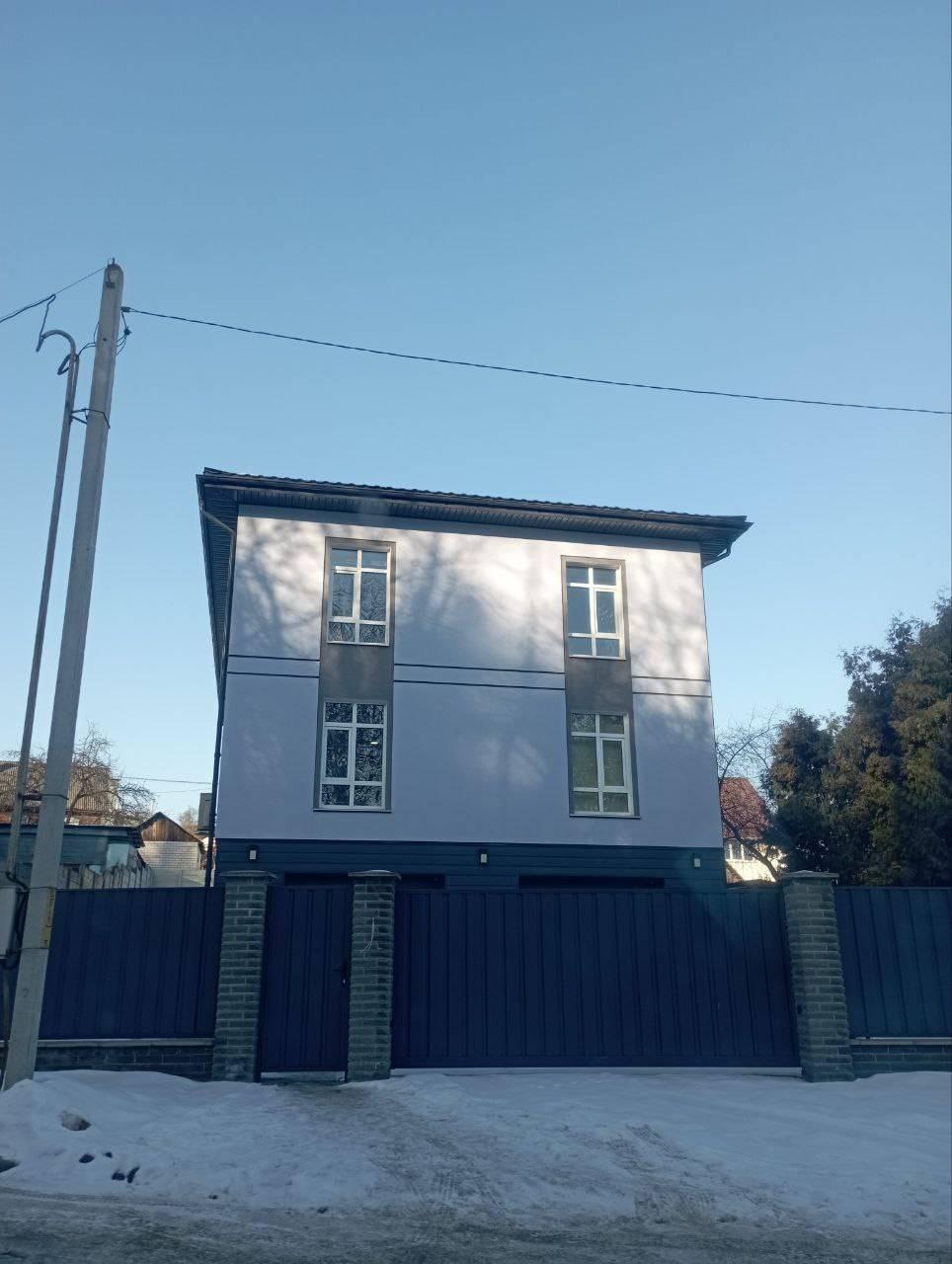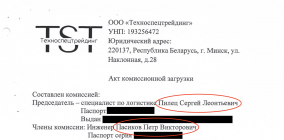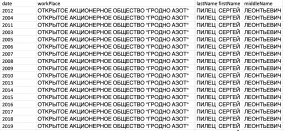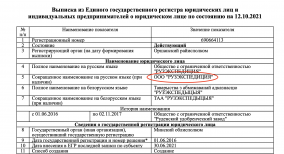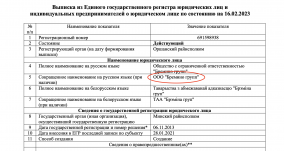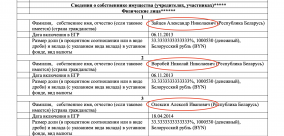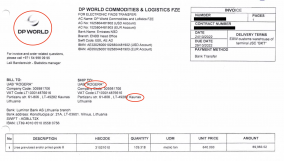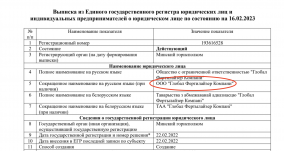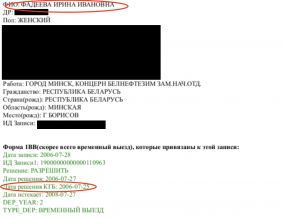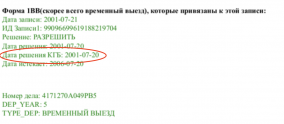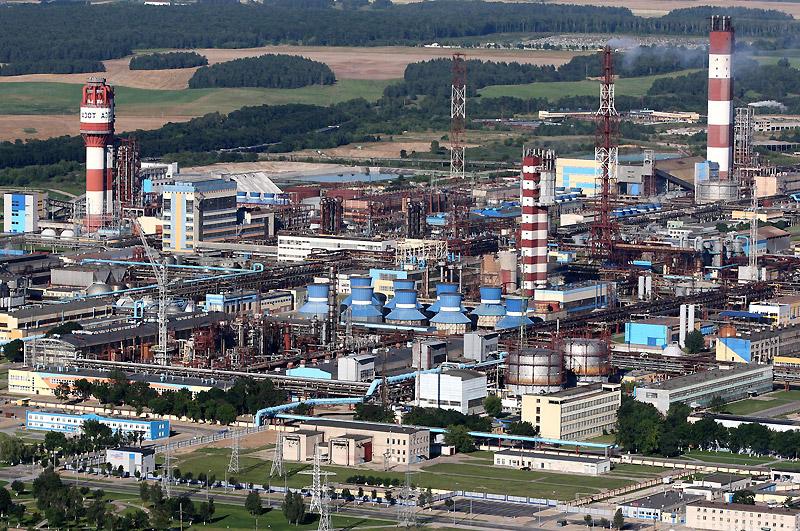This text was prepared in partnership with the Rabochy Ruch initiative and the Siena Lithuanian investigations centre with the support of the CyberPartisans hacker group.
Grodno Azot circumvents European sanctions by using straw companies. Supported by its partners, BIC identified two such firms. One of them transports fertilizers on trucks, the other one uses rail. Belarus president Aleksandr Lukashenko’s “money bags'' are among multiple beneficiaries of these schemes.
Belarusian authorities are directly involved: one of the straw companies has been set up by the Hrodna District Executive Committee. The scheme also involves ghost companies and structures that were used to siphon money from Belaruskali.
Bypassing sanctions, the chain of companies enabling European money to fill the pockets of Belarusian officials weakens the EU’s ability to put pressure on the Belarusian regime. As a result, the EU has less leverage of influence to get the release of political prisoners in Belarus, including former Grodno Azot workers.
Ambush on the border
The night of February 13-14 at the Lithuanian border was turbulent. Activists of the Rabochy Ruch (Workers’ Movement) ambush Belarusian trucks loaded with sanctioned products. The first truck passes through Lithuanian customs late at night, but it is blocked by the activists. The driver, visibly confused, presented documents showing the truck transports fertilizers from the sanctioned Grodno Azot company into Europe.
Stanislau Ivashkevich, the head of the Belarusian Investigative Centre, covers the action as a correspondent. He succeeds in talking to the truck driver who confirms that the truck was loaded at Grodno Azot. About an hour later the activists blocked another truck. Its driver also confirms that he transports Grodno Azot fertilizers.



